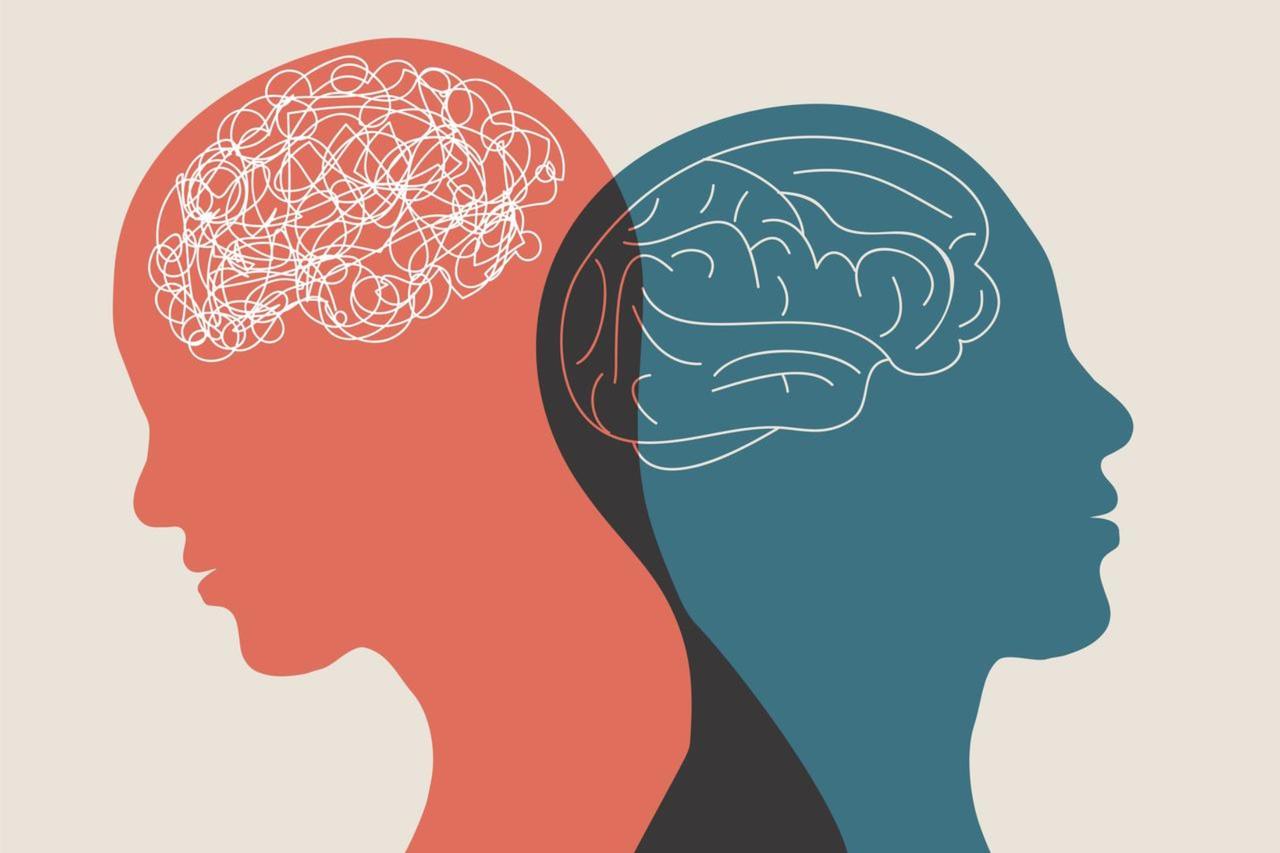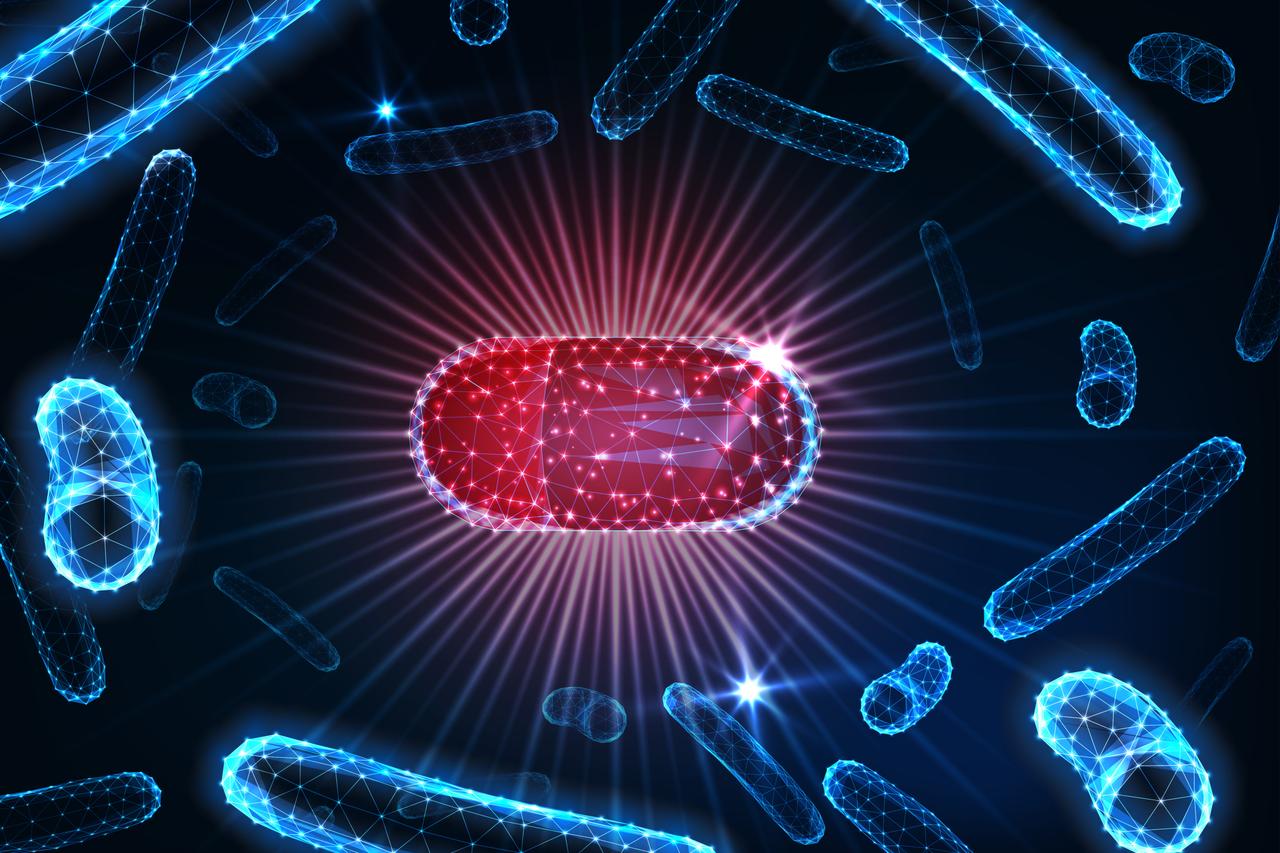
Sometimes a scene, a scent, or even a phrase can feel eerily familiar—as if it has happened before. Yet the moment is entirely new. Why does our brain trick us into this strange sense of familiarity?
Experts say deja vu (the sensation of “already seen”) is one of the most fascinating phenomena born from the quirks of the mind. Here’s a look into the mysterious world of deja vu and the science behind it.
“Deja vu” (French for “already seen”) describes those fleeting moments when a place or a conversation feels strangely familiar—even though it’s the first time you’re encountering it.
Scientists, however, emphasize that deja vu is not the recall of a real past event but a brief glitch in the brain—a type of “memory illusion.” Research points to the hippocampus, a key memory center, as central to this phenomenon.
When the brain processes a new memory, it may accidentally tag it as if it were already stored. This creates a false sense of familiarity: even though the experience is entirely new, the brain behaves as if it happened before.
Neurologists suggest that deja vu is usually triggered by a very brief electrical surge in the temporal lobe, the part of the brain responsible for both visual and emotional memory. In other words, a short “circuit misfire” can generate the sensation of a false memory.
Interestingly, people who experience deja vu tend to be younger and cognitively more active. Faster information processing may increase the chance of this “synchronization mismatch.”
Additionally, the higher frequency of deja vu in individuals with epilepsy provides further evidence of its neurological roots.

Almost everyone has experienced deja vu at least once, but for some, it occurs more frequently. Differences in cognitive processing speed and attention levels play a role.
Factors like vivid imagination, stress, or sleep deprivation can also trigger the sensation. Moments when the boundary between dreams and reality blurs may lead the brain to misclassify an experience, creating déjà vu.
Some studies even suggest that deja vu acts as a sort of “test run” for the brain’s reality-check system—briefly asking, “Is this scene familiar or completely new?”—and occasionally getting it wrong.
There’s no mysterious past behind deja vu—just a tiny hiccup in the brain’s complex information flow. Yet these moments remind us of how astonishingly the human mind works.
In essence, deja vu is the brain’s own “optical illusion.” Those few seconds when reality and imagination blend are a captivating glimpse into the limits of consciousness.